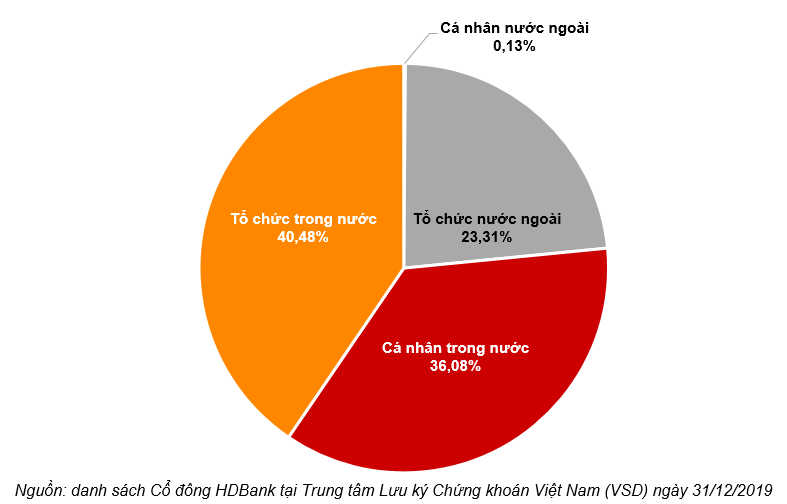type type (tīp) noun1. A number of people or things having in common traits or characteristics that distinguish them as a group or class. 2. The general character or structure held in common by a number of people or things considered as a group or class. 3. A person or thing having the features of a group or class. 4. An example or a model having the ideal features of a group or class; an embodiment: “He was the perfect type of a military dandy” (Joyce Cary). 5. A person regarded as exemplifying a particular profession, rank, or social group: a group of executive types; a restaurant frequented by tourist types. 6. A figure, representation, or symbol of something to come, such as an event in the Old Testament that foreshadows another in the New Testament. 7. a. A taxonomic group, especially a genus or species, chosen as the representative example in characterizing the larger taxonomic group to which it belongs. b. The specimen on which the original description and naming of a taxon is based.8. Printing. a. A small block of metal or wood bearing a raised letter or character on the upper end that leaves a printed impression when inked and pressed on paper. b. Such pieces considered as a group. c. Printed or typewritten characters; print. d. A size or style of printed or typewritten characters; a typeface: a sans-serif type.9. A pattern, a design, or an image impressed or stamped onto the face of a coin. verbtyped, typing, typesverb, transitive1. To write (something) with a typewriter; typewrite. 2. To determine the antigenic characteristics of (a blood or tissue sample). 3. To typecast. 4. To represent or typify. 5. To prefigure. verb, intransitiveTo write with a typewriter; typewrite. Synonyms: type, kind, sort, nature, character, ilk. These nouns refer to groups of people or things regarded as constituting a class because of their shared attributes or characteristics. Type in strict usage implies such similarity in traits among members of the group that the group is clearly and unmistakably distinguished from all others: “I seem to discern six typeswhich divide themselves from one another with measurable distinctness” (Benjamin N. Cardozo). Kind can refer to a class whose members are linked by innate characteristics: “Material objects are of two kinds, atoms and compounds of atoms” (Lucretius). Often, however, type and kind, like sort, are applied when the resemblance or relationship is not precisely defined: I don”t enjoy that type of show. “What kind of people do they think we are?” (Winston S. Churchill). “Here dies the dusky torch of Mortimer,/Chok”d with ambition of the meaner sort” (Shakespeare). Nature in this comparison refers to native or inherent traits: Most of the articles in the magazine are of a didactic nature. Character emphasizes qualities peculiar to individual members of a group: Her criticism had the character of a bit of kindly advice. Ilk refers, often disparagingly, to classification by character, disposition, point of view, or standing: a larcenous tendency restricted to shady operators and others of that ilk.
Bạn đang xem: Type là gì
Đồng nghĩa – Phản nghĩa
type
Xem thêm: Phản Xạ Là Gì – Hãy Lấy Ví Dụ Về Phản Xạ
|

Xem thêm: Rep Là Gì – Rep Trên Facebook Nghĩa Là Gì
typetype(n) kind, sort, category, form, nature, brand, style, variety, manner, mode, class font, typeface, lettering, print, style, typography type(v) key, input, key in, enter
Chuyên mục: Hỏi Đáp










